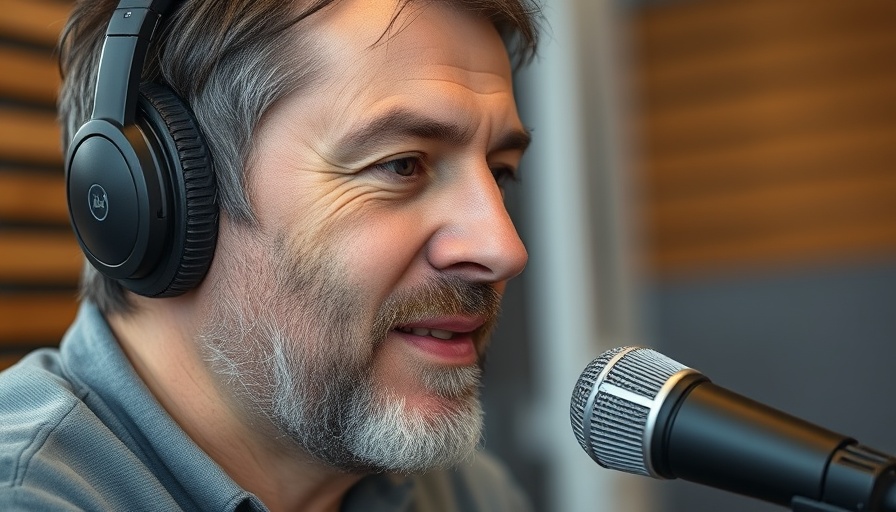
Understanding AI's Impact on Creative Processes
In the ever-evolving landscape of creativity, artificial intelligence (AI) presents an exciting yet perplexing frontier. Creators across various domains—from artists to coders—are beginning to grapple with how AI tools can assist in the creative process, while questioning what might be sacrificed in the name of convenience. As technology becomes capable of generating impressive pieces of art and complex code out of mere text prompts, we are led to ponder: does this technological leap diminish the essence of creativity itself?
In 'When using AI to create, what gets lost in the process?', the discussion dives into the balance between technology and personal engagement in the creative process, prompting us to analyze its implications for future creators.
The Joy of Hands-On Creation
Taking a page from personal experience, a father recalls an evening where his son, a sixth-grade student, excitedly shared his recent coding project at school. Despite having surpassed his father's coding knowledge, it was the act of developing his game with love and effort that brought genuine satisfaction and sparked a hunger for further learning. This hands-on experience contrasts significantly with how AI generates content, igniting a critical discussion on the intrinsic value of the learning journey.
Passion vs. Prompting
When creators rely on AI to generate their work without the foundational learning process, they may miss out on crucial lessons that only come from trial and error. The fervor that comes from conceptualizing, building, and iterating can instill a deeper appreciation for the craft and inspire strivers to delve further into their chosen field. In this light, basic questions arise: will future creators possess the same passion if they don’t actively engage in the creative process?
Future Implications for Creators
As technology continues to advance, the question of what this means for emerging generations of creators remains both daunting and invigorating. While AI holds the potential to transform industries and spark innovation, understanding the balance between technology and personal engagement is crucial. Striking that balance is likely to play an essential role in shaping how creativity is approached in the professional world in the next 10 years.
In today's digital age, where the allure of instant gratification is tempting, it is vital to remember the journey of creation and the inherent knowledge gained along the way. The future of creation hinges not only on leveraging technology but also on valuing the traditional methods of learning and growth.
 Add Row
Add Row  Add
Add 




Write A Comment